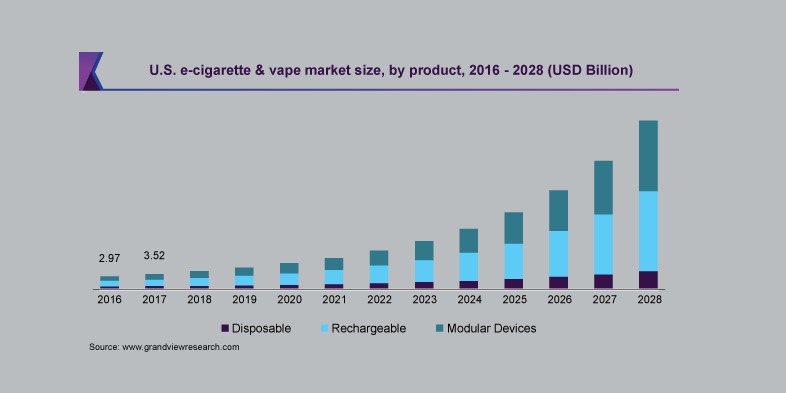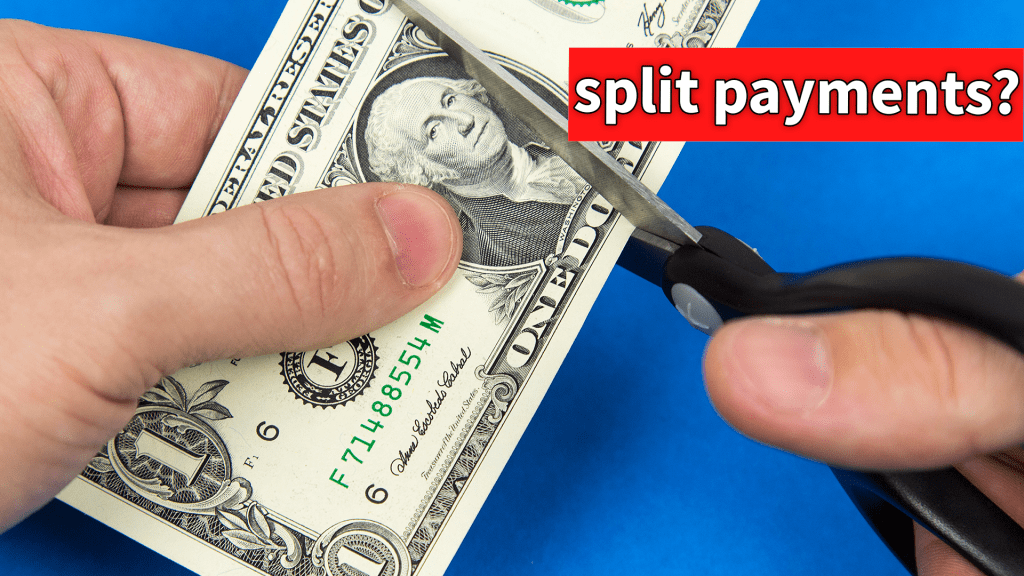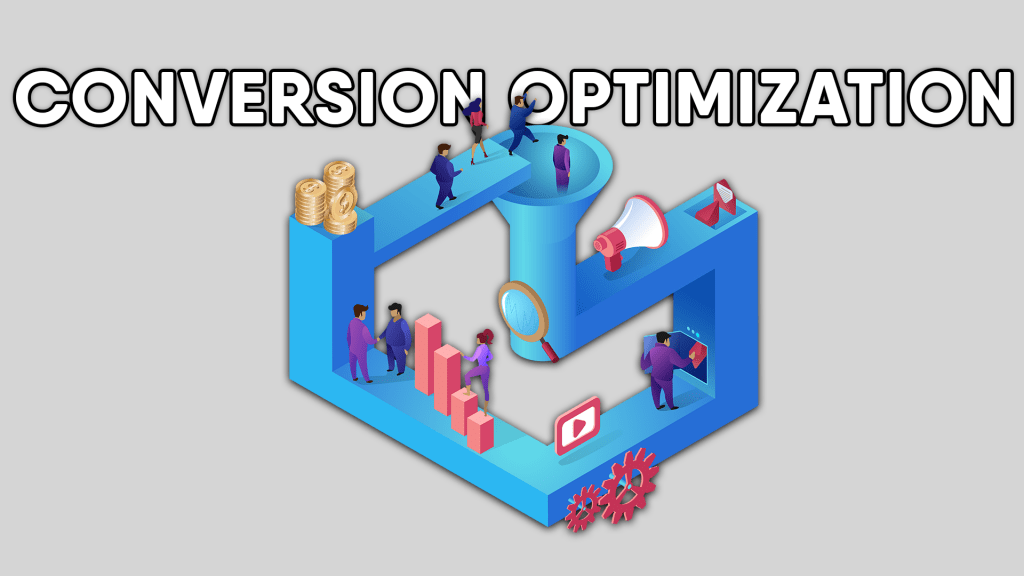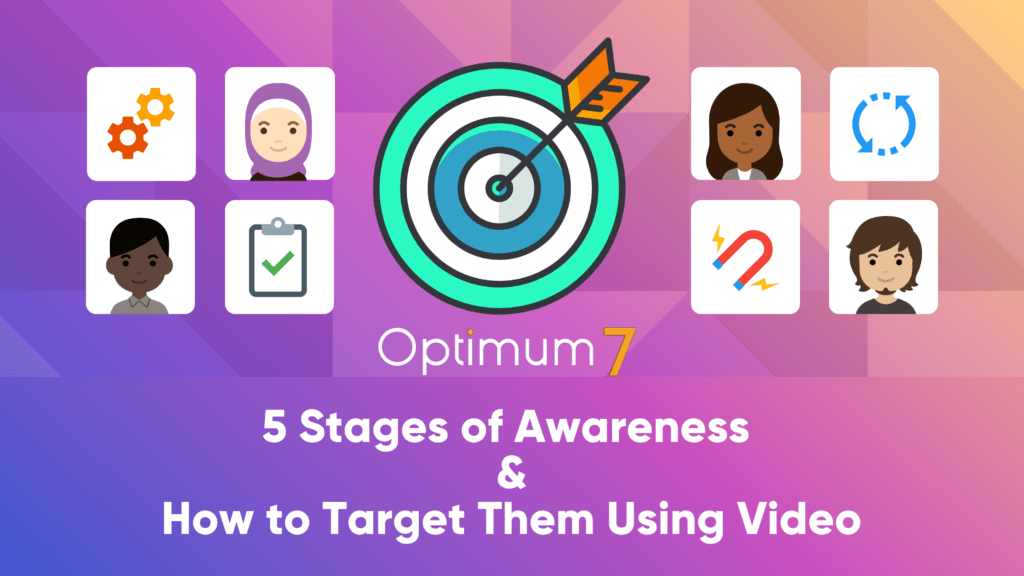Every retailer of nonessential products is remote thanks to the pandemic. Every business needs to go one hundred percent digital. With any kind of tobacco or restricted products, advertising online is harder.
Why?
Because Facebook will not allow it. Google AdWords will not allow it. Most marketplaces will not allow it. It’s very difficult. Along with tobacco, but you have CBD, hemp products, cannabis, and firearms. There’s a huge list of adult sexual enhancement products within restricted categories.
One way you could do it is the word of mouth advertising, a friend telling a friend. People’s endorsements matter more from a trusted individual. Even so, it can be unreliable.
Marketing High-Risk and Products Online Through SEO and Content Marketing
The two main options are SEO and content marketing. Make sure that when somebody is searching for a product like yours, you are visible organically on Google. You do that through an effective SEO strategy.
What are the elements of a viable SEO strategy?
Elements include content on a monthly basis, implemented on your site, and targeted for specific keywords. You also have backlinks to reinforce these pages and anchor text to reinforce those specific keywords. An official website is your primary channel at this moment in time.
Your secondary is influencer marketing. Attribution becomes a potential drawback. How really do you know if they’re driving these sales to your site? But at the end of the day, because you’re limited, it’s still an avenue with potential.
Partnerships can also prove viable. There are blogging sites out there, comparison sites out there related to yours. Many websites compare products, companies, and businesses. You could go out there and sponsor them or rent their email lists.
Number four requires finesse, with bridge pages. These can work on Facebook, Twitter or TikTok
What are bridge pages?
A bridge page is a page that connects your customers on these advertising platforms with your website. However, it does not associate itself with your website.
For the most part, if your brand or website has already been established, you’re already on let’s say Facebook’s no-fly list when it comes to running ads.
When you’re introducing a brand new website, a landing page with a new URL or brand name, Facebook takes a long time to recognize that it’s not a product that they should be promoting or it falls inside that restricted category.
Then it gets taken down. Repeat the process as many times as you want.
Here is the list of some restricted products:
Vaporing Products
Vaping products are small machines that heat a liquid solution of propylene glycol and vegetable glycerin to create an aerosol.
The aerosols contain different amounts of nicotine depending on the amount inside each chamber.
Inhaling or exhaling this vapor is called “vaping”, which can also be done with e-cigarettes as well.
Tobacco Products
Tobacco plants are harvested for their leaves, which are dried and fermented before being put in tobacco products.
Tobacco and tobacco products contain nicotine, an ingredient that can lead to addiction, making it difficult for many who rely on the product to quit.
There is also a plethora of potentially harmful chemicals found within or created by burning tobacco products.
Types of Tobacco Products
There are several types of tobacco products and here is the list of types of tobacco products…
Cigarettes
A cigarette, one of the tobacco products, is a combination of dried and finely cut tobacco, reconstituted tobacco with other additives rolled into paper-wrapped cylinders.
Many times there is also an internal filter on one end for protection from the harmful effects that come directly out when you smoke it or exhale your first few breaths after lighting up the stick-like device.
In disease control sessions at the national cancer institute, experts always ask about tobacco use. As tobacco product use is one of the most known reasons for cancer diseases.
Smokeless Tobacco
Smokeless tobacco, a tobacco product, is a type of nicotine delivery system, and it comes in two main forms: chewing or snuff.
Chewing tobaccos are loose-leaf leaves that can be found at your local grocery store whereas plug cutters make sure there’s no sticking when you’re trying to put up this product for storage due to their finely ground consistency; on the other hand, sachets tend not only have powdered form – making them easier accessibility but also offer extra flavor through teas from various countries.
E-Cigarettes
The e-cigarette, a tobacco product, is a battery-powered device that contains nicotine, flavor, and other chemicals.
The e-cigarette has been touted as the “less harmful” alternative to cigarettes because e-cigarettes don’t contain tobacco but still delivers their addictive substance in form of vaporized liquid nicotine which can then be inhaled by users who want an instant high without all those nasty toxins found within regular cigarette smoke.
E-cigarette, electronic cigarettes, looks and behaves just like a regular cigarette. E-cigarettes come in many different shapes, sizes, flavors including menthols or mint chocolate chip!
Some of the e-cigarettes are refillable while others use replaceable cartridges with varying nicotine levels depending on what you want to vape experience – from light all the way up to heavy smoker’s blend (but without any tobacco).
Cigars
Most cigars are made up of a single type of tobacco. The leaves for these
cigarettes first go through an aging process that can take from one year to two before they’re ready and then after fermentation with natural bacteria, chemical reactions occur which change the flavor as well as smell significantly.
Hookah
Hookah, a tobacco product, is a type of pipe that’s used for smoking Shisha. The smoke passes through water, which filters out the harmful chemicals in it and leaves you with cool clouds blown by fruit or vegetable flavors!
Hookah smoking may be associated with a variety of health problems, including lung cancer and heart disease. The substances used in hookahs produce carbon monoxide which can cause respiratory infections as well as other side effects such as heavy metals or chemical hazards that are toxic to the human body over time- even if you only smoke one session.
In addition, these Hooka sessions also create their own risks due mainly because they’re burning tobacco while inhaling.
Pipe
A pipe, a tobacco product, is a tobacco smoking device that consists of a bowl, stem, and mouthpiece. The smoker lights the content in their chamber before drawing through it as they would with cigarette smoke or other forms of lung-digesting weed such as inhaling deeply into ones’ lungs.
Pipe smoking is linked to many diseases, including gum disease and tooth loss. Pipe smokers are more likely than non-smokers to develop cancers of the mouth, lip tongue throat larynx lung pancreas-kidney bladder colon cervical, or uterine cervix as well as leukemia – which can cause chronic obstructive pulmonary disease (COPD), stroke cor pulmonale heart failure, or angina pectoris.
How to Market Tobacco Products Online
The tobacco industry and tobacco products are some of the most profitable industries in America, and tobacco companies are turning to internet sales as a way to save on overhead costs. Recent estimates show that online purchases from cigarettes cross $500 billion dollars annually with no end in sight for this trend!
Cigarette Advertising
Are you a tobacco products distributor or retailer? If so, can tobacco companies still sell or advertise online? What are the requirements for doing online marketing in accordance with state taxing and licensing obligations? This is one of many questions we receive from established companies who are looking to establish themselves on online platforms.
Can You Use an eCommerce Platform to Sell Tobacco Products?
As with many areas of tobacco industry regulation, the answer to this question varies from state to state. Online cigarette sales are generally prohibited while other products like a blunt and hookah tobacco can be sold online provided they don’t make any direct reference or promotion towards cigarettes.

The first step for tobacco products or cigar wholesalers looking to sell online is determining whether they can do so in the jurisdiction where their products will be sold.
For example, some states have blanket prohibitions against this type of sale with ten being one such stat that does not allow you to enter into transactions unless both parties are face-to-face (or present).
The rules around the sale of cigarettes can be confusing, but it is generally legal to sell them online in most states. However, you must get a license from your state’s governing agencies, and often there are other requirements as well depending on where in that particular jurisdiction (e.g., whether they need tobacco companies, wholesalers, or retailers).
CBD Products
CBD is a chemical compound that comes from cannabis and hemp plants. It has no psychoactive effects, unlike THC (the other component of marijuana).
CBD can be used to treat several health conditions such as seizures or chronic pain without causing any harmful side effects.
States across the US have different laws for CBD. While some states consider it a medicine, others view it as just another form of marijuana and do not enforce enforcement against its usage.
How to Advertise Tobacco Products on Facebook? On Adwords?
Many people focus on making sure their actual ads are compliant with Facebook’s ad policy. But one of the most common reasons I see for those ads being rejected or accounts shut down is due to a landing page, not necessarily something that happens in your news feeds!
Running ads that take people directly to a landing page, opt-in page or sales page is perfectly fine. You just need to make sure the webpage you link them to complies with Facebook guidelines on what can be considered compliant content and advertising.
You can stop worrying about your Facebook ad account being shut down! We will show you how the right landing page and strategy are key in actually increasing conversions for any company.
Ad Scent
Creating a good ad scent is the key to making sure your Facebook ads and landing pages are well-aligned. This link between an advertisement’s copy, images, or headlines with what you see on a web page can be maintained in many different ways including using similar fonts and colors (for instance green text on light background), as well as having a matching headline structure such that both look professional enough for any occasion where they might appear side by side.
In order to create a sense of expectation, it is important that consumers feel like they have been taken in the right place after clicking your ad. It can be frustrating for someone who clicks on an advertisement only then find themselves at their destination unexpectedly because there are no instructions or cues whatsoever about what awaits them beyond this point!
Making sure that you have a strong “Ad Scent” not only helps keep Facebook happy, it also increases conversions. This is something to consider when running ads no matter where your users come from or are going.
For example, if promoting clicks on a blog post and want them clicking through directly instead of being directed elsewhere by an ad campaign; one way would be using their latest article’s featured image as the thumbnail for this particular advertisement!
External Links
If you want to maximize your Facebook ads conversion rates, it’s important that the landing page has external links. This will help people navigate from their chosen destination and find out more information about what they are looking at or doing within a broader context of other sites where this could apply in some way.
It is important to ensure that advertisers are legitimate. If you have only a single landing page, make sure it links back-otherwise people won’t know where else they can learn more about your business!
Pop-Ups
Automated pop-ups are not allowed on Facebook, so if you’ve got site-wide ones or welcome mats installed – it’s best to disable them for your landing page. Even with exit intent style pop-ups disabled in ads and campaigns towards this specific website’s audience will also result in an unfriendly review from the social media giant!
You can create popups that are triggered by button presses.
For example, if your landing page has a “click here for registration” link and it does not display until you press down on this section with intention of following through with signing up (and then presents an input box where users have to type in their email address), then all is good!
Facebook Landing Page and Your Domain
Facebook is strict about where you send visitors. They don’t like sending traffic to particular URLs, particularly whenever owned by landing page services – even though those of these companies are reputable and trustworthy!
The reason Facebook doesn’t like sending traffic to these domains is unclear, but it may be because of a very small percentage of their users doing the wrong thing and getting them blacklisted.
A better option for you would then be using popups triggered by button presses instead; this will ensure your website does not show up in people’s newsfeeds without permission from both parties involved!
Facebook Ads and Landing Page
Rejection of ads is a fairly common mistake, but thankfully it can usually be avoided with just one simple step. Your landing page must closely match what was shown in your ad and should not mislead users by showing them one thing while sending people off to another webpage or product altogether!
Facebook doesn’t like this and you can get into trouble with them for it. They don’t want users to feel tricked or duped, so be careful about what kind of landing pages appear when people click on ads- make sure that all promises match up in your ad at least!
Pop-Ups Prevent User From Leaving Landing Page
Do you know those pop-up boxes that appear when you try to leave a page or close your browser before? The ones with the annoying messages like ‘Are you sure want to leave?
If so then this site will be closing soon. And there’s generally an option for confirming if they should stay on-site, which means we’re going nowhere anytime soon!
You do not want to prevent your users from leaving a landing page. This can be done with pop-ups, and this is something we definitely don’t recommend for Facebook traffic since they’re annoying!
Banned Contents
Facebook has strict advertising guidelines. One of the things you should never do is include any prohibited content in your ad or landing page because it can get you into trouble with Facebook, and this will be detrimental for future ads as well!
It’s important to note that Facebook updates its advertising guidelines regularly.
For this reason, it is necessary for any business or content creator who wishes to use social media marketing (online marketing/internet marketing) on the site in order to ensure compliance with current standards and avoid future troubleshooting from happening down the barrel at some later date (which can happen without much warning).
Automatic downloads and Auto-Play Videos
Your landing page should not trigger an automated download of any kind. Videos on the page also shouldn’t autoplay, so if a person is presented with requests to save files when they visit your site it’s a red flag for Facebook users–and you should make sure that doesn’t happen!
Even if your site requires a user to trigger their download or start watching a video, they should have control over this and not give in without clicking.
This shouldn’t be too much of an issue as the vast majority don’t do it anyway because there are few legitimate reasons for doing so (especially on websites).
Mobile Optimized Facebook Landing Page
The benefits of having a mobile-optimized Facebook landing page are clear. Not doing so will have an adverse effect on the performance (conversion rate) of your advertising campaign and may result in account bans or rejections for ads placed by you as well!
44% percent only accesses Facebook through their phone.
You want to make sure your landing page is mobile-friendly so that 44% of people who click on it will actually see the content you intended.
The good news? There are plenty of tools out there now, such as those offered by most website builders or even WordPress themes which can help optimize them for smaller screens.
Case Study: CBD And Internet Sales
Let’s say that your website sells CBD products for pets. Ad approval will prove difficult on Facebook or Google. What you could do is you could say calmpets.com. You get that domain, you slap a WordPress template there, and you say, “We give tips on how to calm your pets.” You would go put a landing page there, creating a new business manager account and a new Facebook profile respectively.
Your pitch reads: “At calmpets.com, I teach people how to calm their pets.” Some of those options include training, music therapy, or diet changes. CBD is one of those options, but you don’t actually mention that on the website.
When you do a landing page, you take somebody’s email and send a topic such as “Top 10 secrets to calm your pet.” They will come in and enter their email. All Facebook sees or all Google sees is this website about calming pets. But then when you start dripping emails to them, which Facebook doesn’t see, Google doesn’t see, guess what the first suggestion is? It’s CBD.
This strategy will last. There’s no reason for Facebook to ever take that down or to ever restrict it. In that case, that’s a much better strategy.
Disclaimer: if you are a huge CBD website with a lot of volumes, Facebook now tracks IP logins AdWords has the same tracking. Take care when restricted products and tobacco advertising. You’re grabbing users and emails from Facebook before selling them through email marketing. This is called nurture.
These bridge pages work, but you have to implement them carefully. You cannot go against the terms and conditions on Facebook or Google.
Alternatives For Tobacco Companies and Retailers
Podcasts can advertise restricted products. They are like radio programs with more independent funding. You find a podcast that targets your demographic, you sponsor them, the host of the podcast will mention your brand and offer a promo code. It’s almost like influencer marketing, but on a much larger scale.
Subscribers to that podcast listen in on a weekly basis. This is a different frequency, but with a higher amount of ads. Your target demographic will remember the slogans and websites. Then they will type in your domain name, direct organic traffic. This angle is potent.
Traditional cigarette advertising is still viable. Some radio channels or streaming providers, actually allow the advertisement of restricted products. SiriusXM is one type of channel.
What other channels are options?
Streaming websites are a possible venture for ads. You can advertise on Hulu for example, with self-service tobacco advertising through their online marketing platform.
Create a video ad and submit it. There is an approval process that focuses on the ad’s quality. It’s like running a TV commercial for a fraction of the price.
The Optimum7 marketers believe that these restrictions will slowly disappear. CBD is actually getting easier. Cannabis may become fully legal in the United States in the next 12 to 24 months. These restrictions may be lifted for most products, but the firearm one will be here to stay.
FAQ
Can I sell Tobacco Online?
Online sales of cigarettes are generally not allowed, but many states permit the sale of other tobacco products or cigars from online tobacco companies. This includes items such as blunt wraps and hookah tobacco for those interested in smoking their product(s).
The Family Smoking Prevention and Tobacco Control Act signed into law on June 22nd, 2009 gives FDA (Federal Drug Administration) authority to regulate the manufacture, distribution, marketing of tobacco products.
Can you advertise tobacco on social media?
The tobacco industry’s attempts to use social media for tobacco advertising have been met with some success. In late 2019, Facebook announced that they will no longer allow influencer marketing and online marketing of tobacco products on their platform and other sites like Instagram are doing something similar too!
Can I promote tobacco on Instagram?
Influencers will no longer be able to promote vaping, tobacco products, or weapons on Facebook and Instagram. They announced that “branded content” which promotes these restricted items is not allowed in either platform because the company wants its users’ experience with branded posts to maintain authenticity rather than being overly commercialized by promotional advertisements at any time of day.
Can I advertise tobacco on Google?
Google Adwords, Bing Ads, and other advertising and internet marketing platforms do not allow for cigarette advertising and the advertisement of tobacco products.




